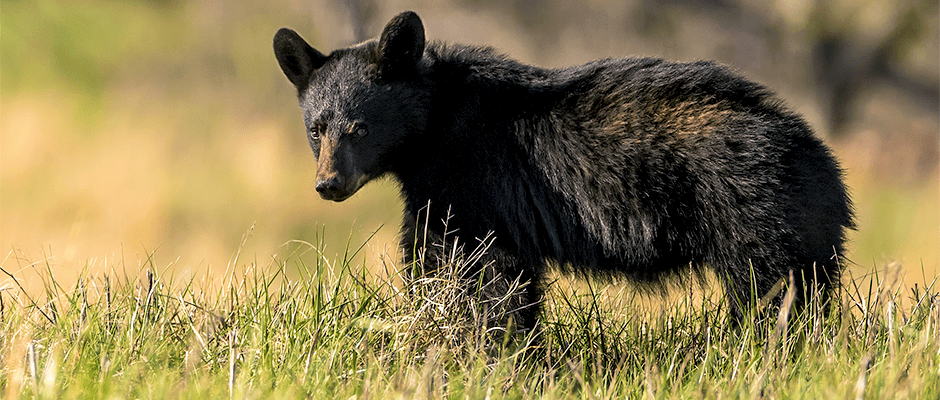Share this article
Interior distributes $50 million in state wildlife grants
Interior Secretary Ryan Zinke has announced the distribution of more than $50 million in funding to states and territories through the State and Tribal Wildlife Grants Program in fiscal year 2018. The funding will support the conservation of fish and wildlife species across the country.
STWG is the only federal program that directly supports the states with the goal keeping common species common and preventing species from becoming endangered. Through the program, grants are provided to states and territories annually, based on a formula that accounts for geographic size and human population. A competitive grant program provides some additional funds for states, as well as funding for tribal wildlife conservation.
Funding for STWG comes through the U.S. Fish and Wildlife Service budget and must be appropriated each year by Congress. The program was created by Congress in 2000 and initially funded at $50 million. Annual appropriations reached a high of $90 million in FY2010 but have declined since then. Congress appropriated $63.6 million for the program in FY2018. Appropriations have not yet been completed for FY 2019; the administration recommended a $32 million cut to the program. In FY 2018, it recommended funding at $52.8 million.
STWG provides the primary funding source for the implementation of State Wildlife Action Plans, which provide a blueprint for conserving fish and wildlife across the country. While states each receive at most a few million dollars a year from the STWG program, each state needs an average of $26 million annually to more robustly implement the plans. Lawmakers and nongovernmental organizations, including TWS, have been working together to secure a more permanent source of funding for SWAPs through the Recovering America’s Wildlife Act (H.R. 4647 and S. 3223).
The Recovering America’s Wildlife Act would implement the recommendations of the Blue Ribbon Panel on Sustaining America’s Diverse Fish and Wildlife Resources by addressing the financial needs faced by state fish and wildlife agencies, helping to keep species from facing costlier emergency conservation measures down the road. The act would provide $1.3 billion annually in royalty funds for state fish and wildlife agencies’ wildlife action plans.
While the bill has been introduced with bipartisan support in both the House and Senate, it has not yet advanced to a vote in either chamber.
Header Image: Black bears (Ursus americanus) are one of many common species benefitted by the State and Tribal Wildlife Grants program. ©Tim Lumley








